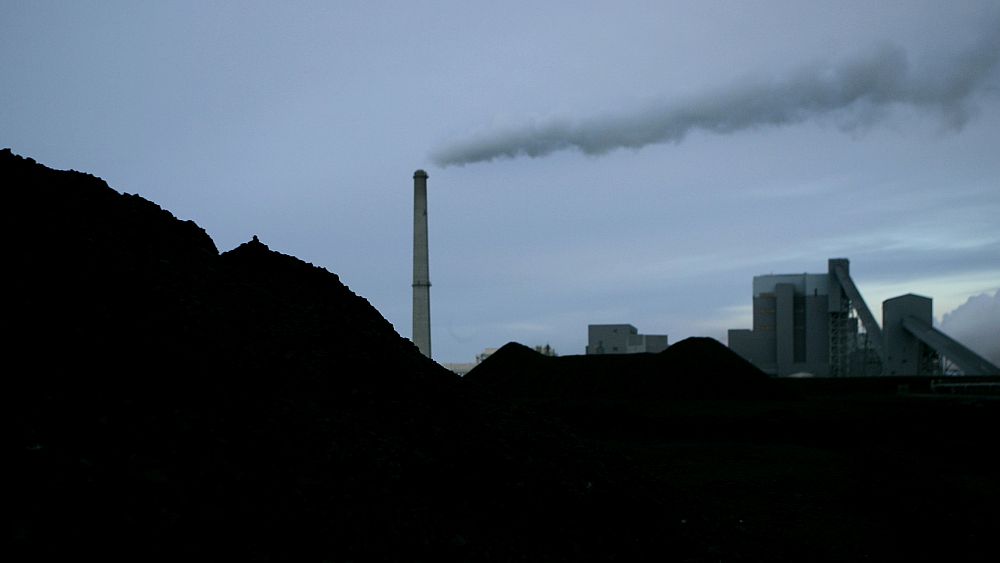The US Supreme Court dealt a major slap in the face to environmental protection with a ruling that limited the powers of the US Environmental Protection Agency (EPA).
According to a 6:3 decision by the panel of judges with a Republican majority, it is essentially impossible to reduce polluting emissions for individual states at the federal level. By logic, the EPA is only empowered by law to make rules about coal-fired power plants, but without congressional authorization, it can’t make rules that would significantly transform the economy.
The ruling’s particular interest is that it came from the Supreme Court, in a very unusual way, in a case in which the state of West Virginia asked to repeal the Obama Clean Energy Act, which never went into effect. .
The decision makes it difficult for the US federal government to deal with the climate crisis by limiting decisions in other areas of environmental protection, such as clean air and clean water, consumer protection, banking, workplace safety, and public health.
The Biden administration has pledged to halve US carbon dioxide emissions by the end of the decade, but its attempts to do so have so far been unsuccessful. The blanket climate protection bill failed to pass the legislature due to opposition from Republican senators and Joe Manchin, a centrist Democrat from West Virginia. Until now, the federal government could have enforced emissions reductions through administrative decrees, but the Supreme Court ruling now puts that possibility at risk.
Last week, the Supreme Court, which also plays the role of the Constitutional Court, caused political controversy by reviewing its fifty-year-old decision guaranteeing the right to abortion. According to him, states are now free to restrict the right to abortion.












































